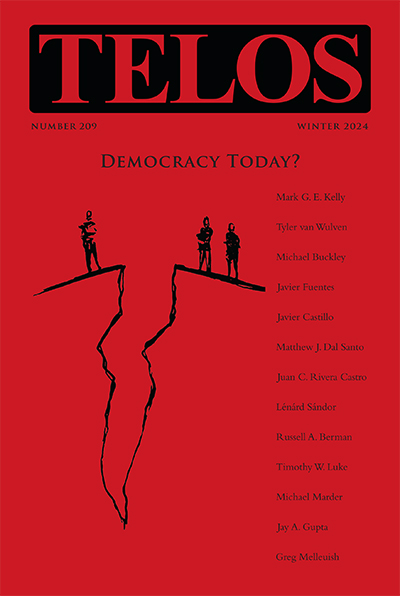To listen to Richard Rorty in a discussion or especially in a lecture was—regardless of the extent to which one agreed with him—always a rhetorical pleasure and an intellectual event. But to walk with him across campus could turn into a minor pain. For in personal conversation, Rorty often seemed uninterested or even clumsy, no matter how unmistakably clear his feelings and strong opinions resonated through his words. Rorty found an ideal solution for this on the birthdays of his wife, Mary, whom he loved with the enthusiasm of a young student: disguised as a waiter with a green apron, he could attend to his guests, without having to talk about anything more concrete than the selection of wines and cocktails.
Like only few of his predecessors, Richard Rorty lived his philosophy of an undramatic attention to others with unyielding but flexible consistency. When he again changed his university ten years ago, his new colleagues would have been delighted simply with the enhanced prestige that listing Rorty’s name in the catalogue brought to an institution formerly famous primarily due to the natural sciences. But he dedicated himself to his new department with greater intensity even than those young professors who have to prove themselves for tenure. There was never a faculty meeting that he did not attend well prepared; there was no class paper that Rorty did not read thoroughly and comment on extensively; there was no lecture class that he did not constantly rethink in terms of content and pedagogical strategy. This is how he understood the role of the democratic citizen. Yet this all may not have been fully independent of the polemical pleasure he took in working in a department of comparative literature—with the daily hope of provoking those analytic colleagues whose canon and style of thought have dominated Anglo-American philosophy for decades—but also motivated by the conviction that analytic philosophy had ended up as a specialization inimical to thinking; and while this analytic philosophy became irrelevant for life outside the academy, Rorty had become the public intellectual and charismatic university teacher who most represented its opposite internationally.
To think without authoritarian directives and to live one’s own life—on an elementary level, these may have been Richard Rorty’s highest values. Indebted, of course, to the enlightenment legacy as much as his personal friend Jürgen Habermas, Rorty was blindly convinced that such freedom would have to lead to a generous engagement for all of suffering and oppressed humanity. When this expectation was disappointed, the soft spoken philosopher could make demands and mount accusations with the obstinacy of a sectarian. In a discussion during the early Bush years, he seriously suggested that the university no longer hire anyone suspected of having voted for the Republican Party. When a colleague asked ironically if this would not pave the way to an “intellectual reeducation camp,” no one laughed louder and with more sympathy for the objection than did Rorty.
To write and teach in close proximity to this vulnerable, enormously well read and often ingenious Richard Rorty gave one the encouraging certainty of being in the presence of intellectual greatness. Since his death last Friday, before the intensive pain of an incurable disease had begun, the name of Richard Rorty has joined the canon of critical optimistic American writers and thinkers of the past, a canon which he shaped and disseminated: Whitman, Emerson, Dewey and finally Davidson. Men like them—and like Richard Rorty—are indispensable for everyone who cannot live without the mobility of thinking and who therefore have an understanding of how fragile, and how strong, thoughts can be.



